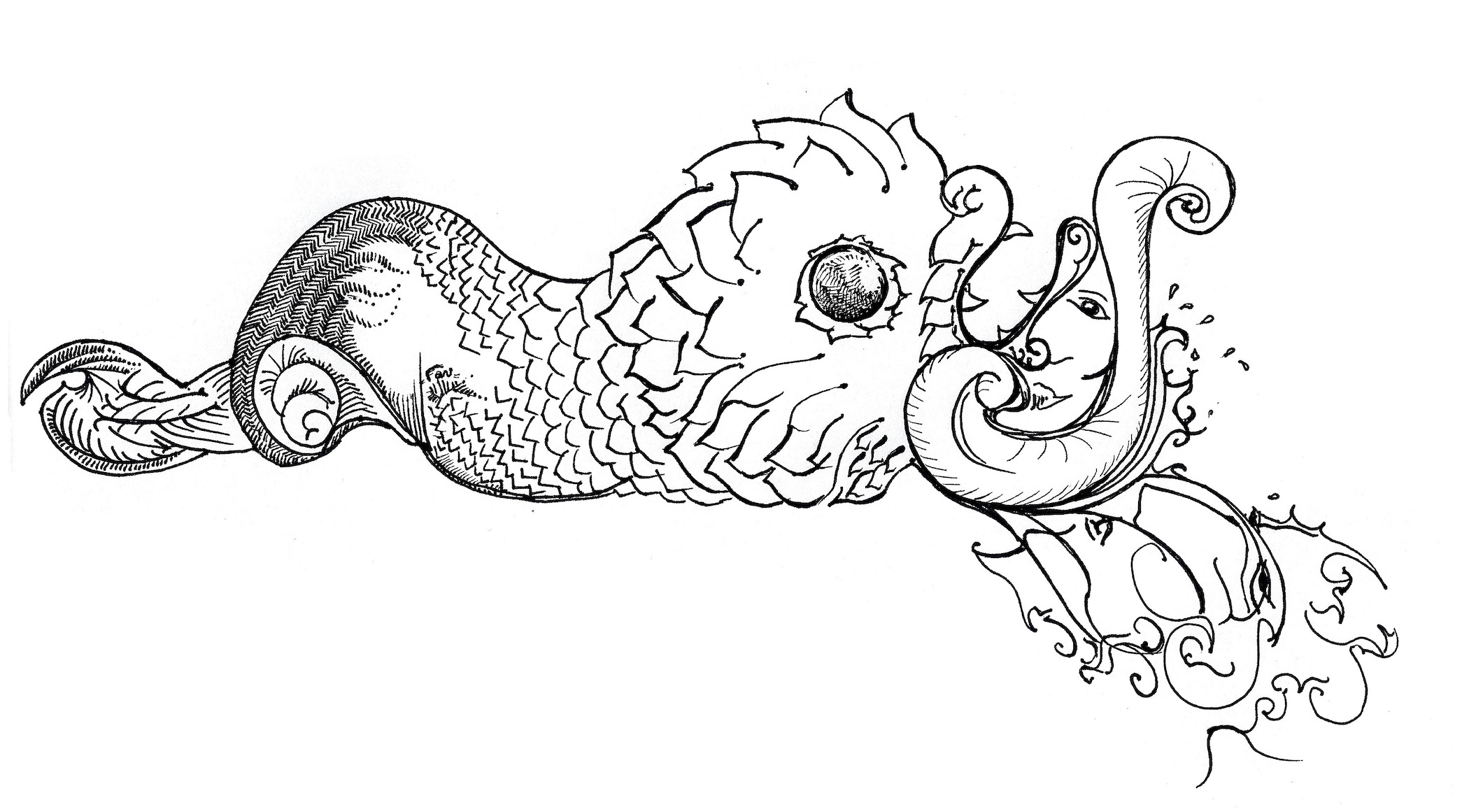The Way Without Masters
I’m delighted to have a guest blogger today: Michael Sanborn, the translator of Rémi Boyer’s The Way Without Masters, with a brief overview of this monumental and challenging book. I’ll let him speak for himself:
“The opposite of an ordinary truth is false,” Niels Bohr is thought to have said. “The opposite of a great truth is also true.” We might consider Traditionalism (the belief that profound spiritual understanding is to be found in the inspired practice of long-standing religious and initiatory traditions) as such a “great truth.” What, then, might be an opposite of Traditionalism that could be seen as equally true?
This is, I believe, one way to approach the subject of “Incoherism,” the perspective that underlies The Way Without Masters, a collection of writings by Rémi Boyer, recently published by Rose Circle Books, which I had the privilege of translating from the French. Boyer’s previously released books in English (Freemasonry as a Way of Awakening, Mask Cloak Silence: Martinism as a Way of Awakening, Beneath the Veil of Elias Artista: The Rose-Croix as a Way of Awakening, Letters to Friends of the Spirit, and The Rectified Scottish Rite: From the Doctrine of Reintegration to the Imago Templi, all available from Rose Circle) have all been explorations of the Traditionalist stream, albeit with many unconventional and contemporary aspects. But these works represent only one side of the author’s œuvre.
On the other side, Rémi Boyer is an impressario of the artistic avant-garde, that (mostly) European genre of experimental artistic expression most closely associated with the Surrealists, Futurists, and the Dada movement. The term “Incoherism” itself may in some way be a call-back to a lesser-known early avant-garde manifestation, Les Arts incohérents (although Boyer himself never makes the connection explicit). What should be kept in mind is that these movements were not mere aesthetic styles, but the declarations of artists to confront and remake the world. The Dadaists sought to cast off the shackles of rationality and cultural expectation. More profoundly, the Surrealists sought to dissolve the barriers between conscious and subconscious, between dream and so-called “reality.”
What declaration would an artist make—what intention would there be to confront and remake the world—when rooted in a life of spiritual practice and realization, while at the same time drinking deeply from the well of the most transformative experimental arts? One might find oneself expressing a profound truth that is the exact opposite of Traditionalism. And so we might find Incoherism.
More fully unfolding the meaning of The Way Without Masters requires the examination of one further term: “nonduality.” Our thoughts and language always have the effect of dividing the world into two or more parts: self and other, day and night, A and not-A. But under some circumstances—moments of deep contemplation, psychedelic trances, near-death experiences—we see through these dualistic mental constructions to directly perceive the boundless continuity of all reality, in what is sometimes referred to as “nondualistic vision.” While this perspective is most often associated with eastern spirituality (e.g., Advaita Vedanta, Kashmir Shaivism, most forms of Buddhism), it is occasionally found in western spirituality as well (e.g., Meister Eckhart, Plotinus and his successors, process theology, etc.).
Eastern nondual traditions are often (ironically enough) divided into two types: the “gradual” and the “sudden” schools. The practitioner of a gradual nondual tradition expects to undergo a discipline of many years in order to overcome the momentum of duality and arrive at a condition of awakening by a succession of degrees of clarity. A practitioner of the sudden nondual schools might also begin with a preparatory period of discipline, while nonetheless awaiting the lightning-strike of sudden awakening.
But while sudden awakening can arise as a result of traditional practice, could it not also arise by other means? For example, could it not also arise by the lightning-strike of insight provided by the arts at their best? Here, I believe, is where we can begin to see exactly what it is that the Incoherist seeks. Indeed, the subtitle of The Way Without Masters is simply, “A Collection of Nondualist Texts.” The world that the Incoherist confronts is the world of duality. What is sought, though, is not merely a remaking of the world, but a cessation of world-making.
In form, The Way Without Masters is a collection of texts originally published under the banner of Incoherism in a series of smaller books printed by the art-house publishers Rafael de Surtis (Cordes sur Ciel) and Arma Artis (La Bégude de Mazenc) between 2000 and 2013, brought together and expanded as La voie des sans maîtres (Marseille, Éditions de la Tarente) in 2021.
It includes three manifestos (in the “tradition” of the Futurist and Surrealist Manifestos), two hymnals, and a section of erotic-tantric poetry and drawings inspired by the temples in Khajuraho, India. But most of the book takes the form of aphorisms, in a manner reminiscent of The Golden Verses of Pythagoras or perhaps The Message Rediscovered of Louis Cattiaux. But while the form is familiar, the message being transmitted is often startlingly novel.
In the Real, movement takes place from one stillness to another by freezing time.
And it is by bending space that the adept is transferred from one moment to another.
—“Disjointed Words of the Mad Monk” p. 72
This aphoristic manner of communicating results in a book that is without narrative flow or structured argument. And yet, little-by-little, aphorism by aphorism, a view emerges of immense power and tender intimacy, all the more unexpected because there is no viewer.
At the same time, there is something here for the enthusiast of Traditions. The penultimate chapter, “Hymnal to the Hidden King,” is dedicated to the visionary Portuguese heritage of Sebastianism, a fascinating and profound tradition rooted in the vision of the biblical Book of Daniel (chapter 3), in the lineage of the prophet Bandarra, the priest António Vieira (partly inspired by Joachim di Fiore), and revived by the poet Fernando Pessoa in his late masterpiece Mensagem. These seventeen hymns and their accompanying manifesto somehow breathe this vision into us, even if we are encountering it for the first time. If this lineage is almost unknown in the English-speaking world as of today, it will not remain so for long.
The Way Without Masters, like Herman Hesse’s Magic Theater, is “Not For Everybody.” It is a challenge to our preconceptions, a challenge to the very girders of our reality, and yes, it is a challenge to read. But for that certain reader who is ready and eager to step into a greater degree of spaciousness and freedom of being, and who is willing to undergo the effort that such a step entails, The Way Without Masters beckons as a work with few, if any, peers.



No Comments